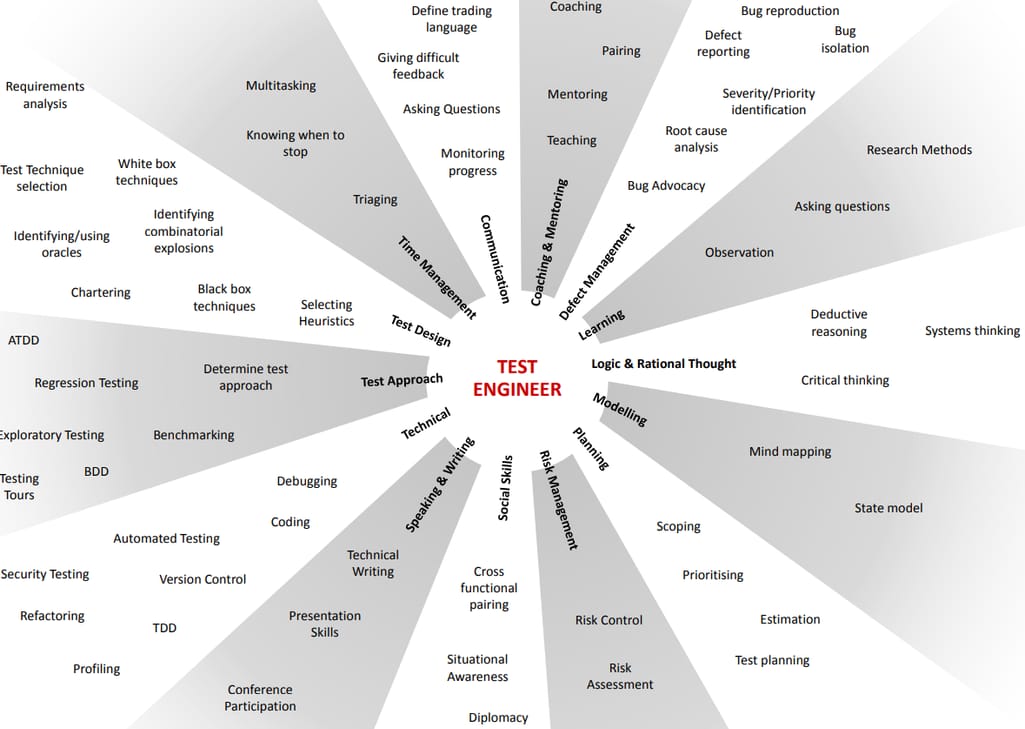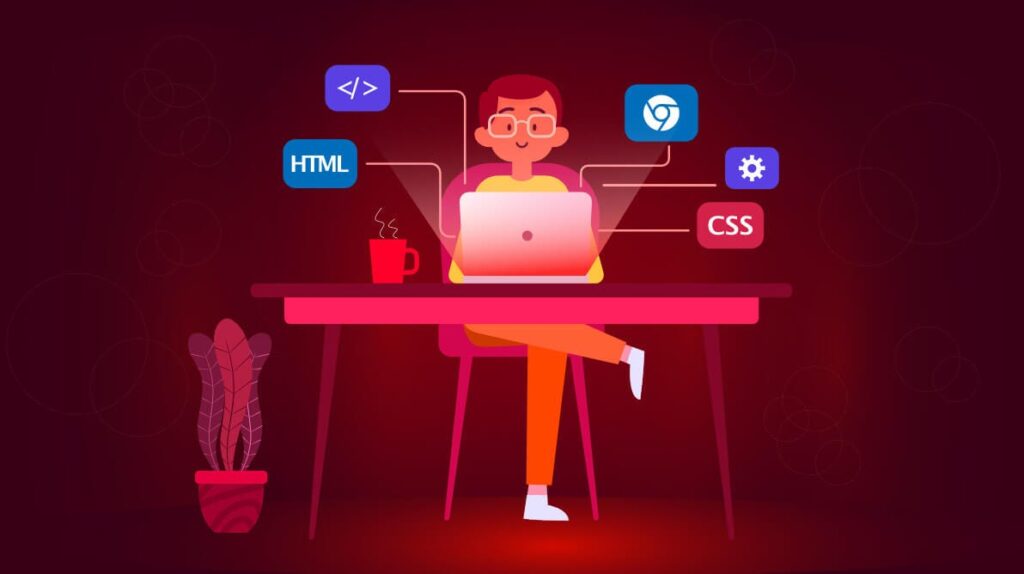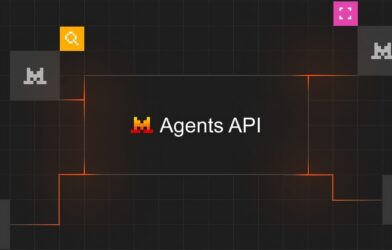There’s no single path into IT. Some start by learning a programming language and one framework, then build experience while working. Others begin with manual testing, later move into automation, or grow into team leads. But the question remains: where should you start?
In this article, we compare two of the most in-demand roles in tech: Frontend Developer and QA Engineer. Expect facts, examples, and a look at what each path really involves.
What You Need to Know
Frontend Developer
To begin a career in frontend development, you’ll need to master the basics:
- HTML and CSS
- JavaScript (the core programming language for the web)
- A library or framework like React
- Git for version control
- Basic responsive design principles
- Familiarity with Figma for interpreting design mockups
If you plan to work with international clients, English at an Intermediate level or above is essential—not just speaking, but writing too. Understanding JavaScript becomes significantly easier if you already know English, since programming syntax heavily relies on English terms.
QA Engineer

For aspiring testers, the focus is different:
- Knowledge of testing methodologies
- Experience with bug tracking systems (e.g., Jira, Trello)
- Ability to write clear bug reports
- Understanding the Software Development Life Cycle (SDLC)
- Familiarity with client-server architecture
- Use of developer tools (DevTools) for inspection
Again, an Intermediate level of spoken and written English is highly valuable—especially for writing reports and collaborating with distributed teams.
What You’ll Be Doing
Both developers and QA engineers share a common goal: delivering a high-quality product. But their day-to-day work is very different—one builds, the other breaks (intentionally!).
Frontend Developer Tasks:
- Analyze website design mockups in Figma
- Review the project specification
- Break the design into logical blocks and build the HTML structure
- Style the structure using CSS
- Add animations and interactivity with JavaScript
- Make the interface responsive for different screen sizes
- Hand off the site to QA for testing and fix any issues found
Frontend developers solve complex, often creative technical problems. It’s a highly responsible role, as your code directly affects the look and functionality of the product.
QA Engineer Tasks:

- Study the project specification
- Choose appropriate testing methods
- Receive or create a test plan and test cases
- Systematically test each requirement
- Test the site’s functionality (and code, if needed)
- Write and submit bug reports to developers
Junior QA engineers don’t need to write code, but they must think critically, ask the right questions, and communicate clearly. The role requires concentration, patience, and attention to detail. A good tester is often a perfectionist.
How Long Does It Take to Learn?
Frontend Development

Learning frontend development solo can be tough. If you dedicate 2–3 hours per day, expect to spend 12 to 18 months just mastering JavaScript. You’ll need discipline, books, videos, and possibly a mentor to guide you.
Online courses like a Frontend Bootcamp can help you master the fundamentals in about 6 months. With an up-to-date curriculum, mentor support, and evening classes, many students successfully combine learning with their jobs. The biggest advantage? Personalized feedback that helps you grow faster.
QA Testing
Self-learning the fundamentals of QA takes around 6 to 10 months, assuming you study 2–3 hours daily and follow a structured plan. There’s plenty of information online—but you’ll need to organize and analyze it yourself. The ultimate goal is to join an IT company and gain real-world experience.
Through an online QA Bootcamp, you can become job-ready in just 3 months. With evening live classes, a ready-to-follow program, and mentorship, it’s an efficient way to enter the field. Top students often get internships before completing the course.
Is It Easy to Find a Job?
Both roles are in high demand. Let’s look at recent job market data:
Frontend Developer:
- Annual job postings: 11,673
- Year-over-year growth: +72%
- Active job listings at publication: 937
JavaScript remains the dominant language on the web, used by two-thirds of developers and powering 95% of websites. Demand for frontend developers will likely stay strong in the foreseeable future.
Salary Comparison
Frontend developers typically start with 20% higher salaries than QA engineers. With experience—and by learning additional frameworks or languages—their earning potential grows significantly.
Frontend Developer Salaries (JavaScript):
- Junior – $900
- Middle – $2,500
- Senior – $4,500
QA salaries start a bit lower and grow more gradually, with exceptions for team leads and QA managers.
QA Engineer Salaries:
- Junior – $750
- Middle – $1,862
- Senior – $3,300
- QA Tech Lead – $3,775
Final Thoughts
Both QA and frontend development offer strong entry points into the IT industry. Your choice depends on your strengths, interests, and career goals.
- If you love creating, solving technical challenges, and seeing your work come to life on screen — go for frontend.
- If you have an analytical mind, care about quality, and enjoy finding flaws others miss — QA might be your path.
Either way, IT welcomes curious, motivated learners. Choose your direction, find the right course or mentor, and start building your future.













Comments are closed